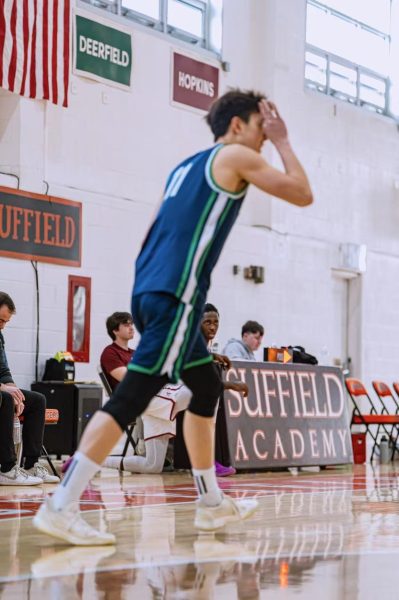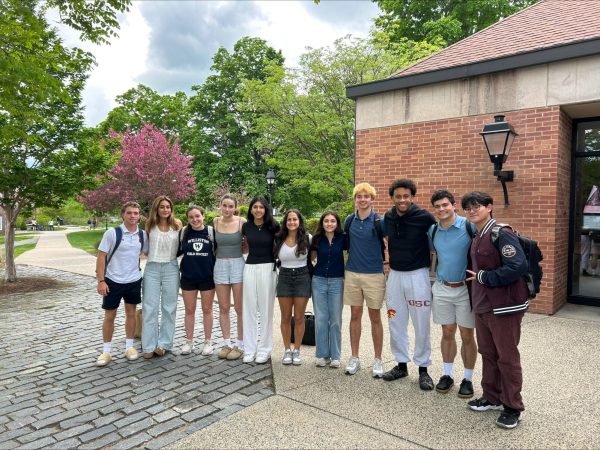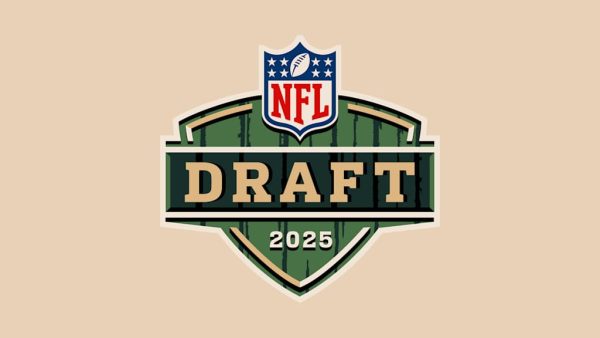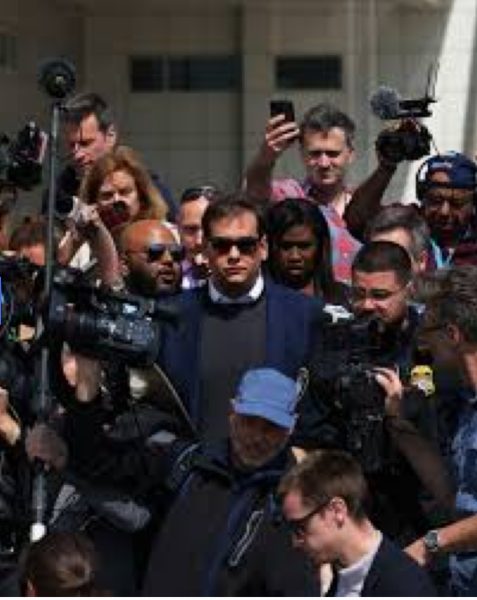White Mountain School Holds Campus Diversity Workshop
A dedicated group of students recently brought the important discussion of race and diversity to campus.
In Bethlehem, New Hampshire, a sleepy town nestled near the Vermont border there’s a small boarding school of roughly 120 students. Once Saint Mary’s-in-the-Mountains, the White Mountain School has a history going back to 1886.
Among other things, like their rock climbing program, White Mountain is known for a unique program know as the “Field Course.”
For roughly a week each fall and spring, White Mountain students have the opportunity to travel with a small group of fellow students and faculty and explore a topic of interest. Field courses have taken students to the Dominican Republic, Arizona, and, most recently, Williston.
On September 23, a group of WMS students and faculty came to the PA room to give a workshop on diversity. The focus of this group’s Field Course, lead by faculty members JJ Cromer and Kim Cooper, a longtime friend of Williston’s Director of Inclusion and Community Life, Erin Davey, was to learn about race and diversity in boarding school communities.
For roughly an hour, WMS students lead Williston in a series of thought-provoking activities.
First, the workshop split into groups and learned about microaggressions by asking how people respond in several hypothetical situations. Microaggressions are biased little comments that happen often and in many kinds of situations. Most of the time, the commenter doesn’t even recognize the actual impact of their words; an example that was mentioned was a white teacher asking if the peace signs being made by a group of black students were gang signs. This is, to the outside viewer, a pretty clear example of bias and racial profiling, but at the time the teacher may not have recognized the weight behind the comment.
Microaggressions can best be likened to mosquito bites. One time may not have a devastating effect, but many over time become extremely frustrating and painful. They are a nearly daily reality for many minorities.
Everyone then came back together and shared what they learned in their groups, and then transitioned into a broader discussion about how education can help to overcome this type of ignorance.
Davey reflected on the importance and necessity of the workshop.
It’s crucial, she said, to “prepare our educators and students to enter into society instead of remaining in the Williston bubble, which is really easy to do.” To that end, she said, “If we’re doing workshops about diversity, equality, and inclusion, we’re putting ourselves in a position to be better humans.”
The Multicultural Student Union is going to be hosting workshops biweekly to facilitate the continued conversation about diversity at Williston.
“We hope to integrate this into the school’s culture,” said Davey, “so that when a new student steps onto campus they recognize that this work, this important work, is being acknowledged and practiced by the community.”
Hollis is new post-grad to Williston this year, she has really enjoyed her transition into the Williston community. Hollis loved how she can learn about...













